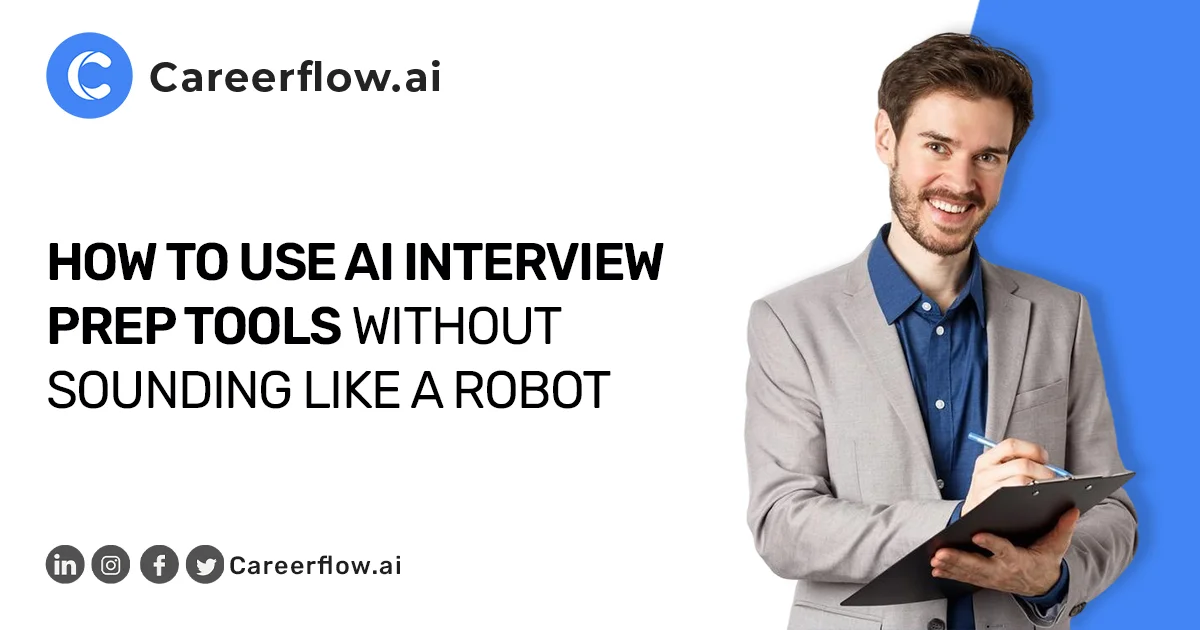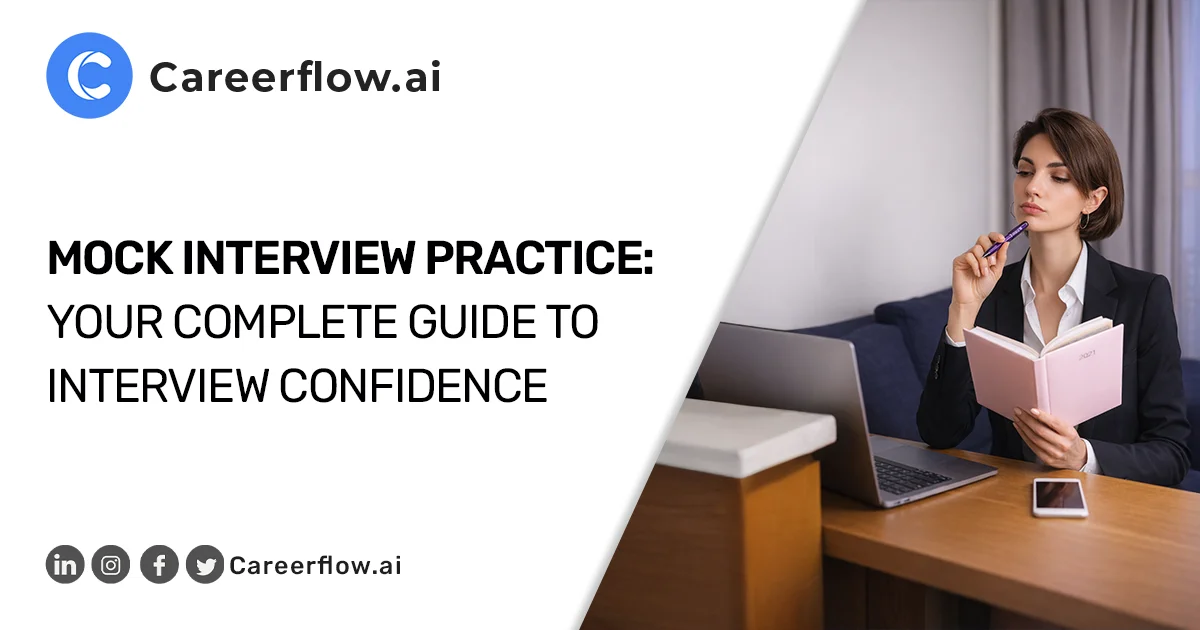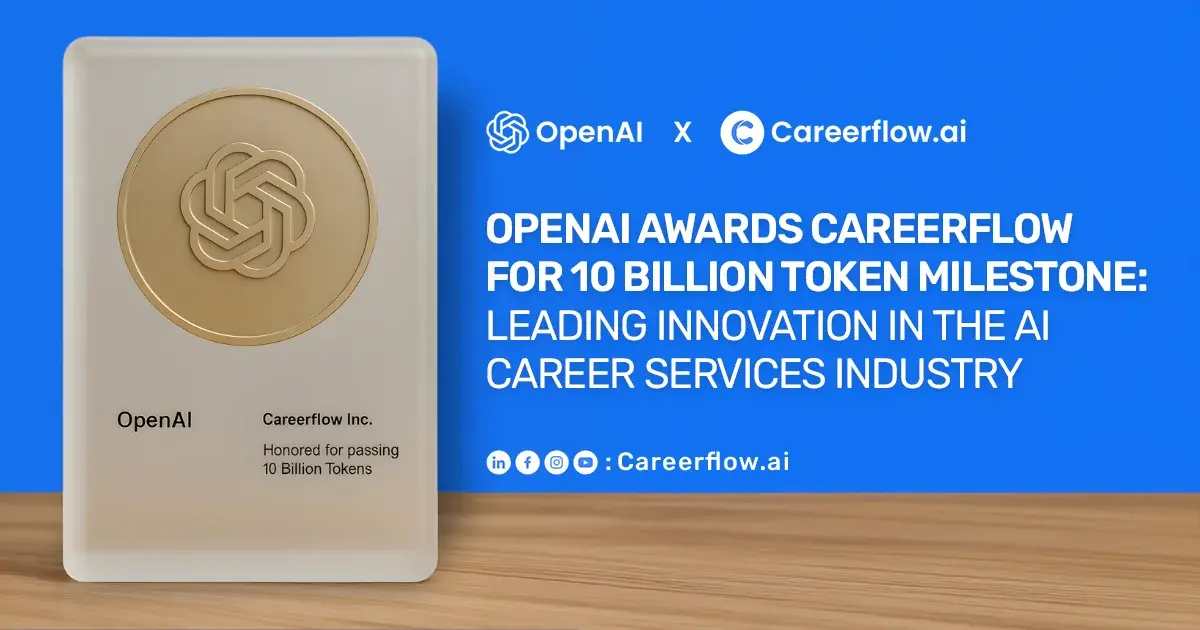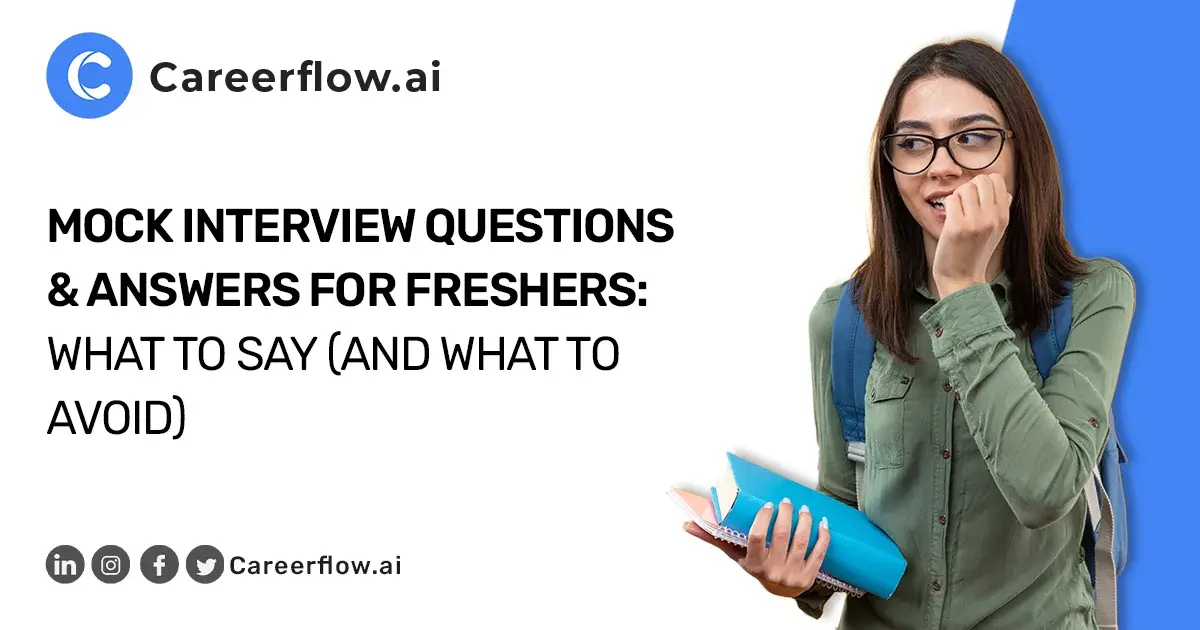From YouTube to Chrome and from Gmail to Google Drive, Google is known for its innovative products across the globe. As of 2022, the company boasts over 271 products 🤯, all of which are managed by a dedicated team of Product Managers at Google.
As a Product Manager at Google, you will have access to the latest technology, top engineers, and world-class designers. This allows you to make a real impact on millions of people and shape the future of Google's products.
Emily Moxley, Vice President of Product Management at Google, says: "The biggest perk of my job is the impact I am able to have. I am able to build things that I use, my friends use, my family uses."
In this guide, we will cover everything you need to know about cracking the Google Product Manager interview, including:
- The roles and responsibilities of a Product Manager at Google
- The hiring process for a Product Manager at Google
- Interview questions asked by Google at a Product Manager interview
- Conclusion
What are the Roles and Responsibilities of a Product Manager at Google?
Product management lies at the intersection of business, technology, and user experience. And broadly speaking, a Product Manager is responsible for setting the product vision, developing the product roadmap, taking strategic product decisions, and ensuring that everyone in the team– engineers, designers, and marketing team members understand the product vision well.
Ritcha Ranjan, Ex-Director of Product Management at Google, says: “Being a Product Manager is like peanut butter. You have to spread yourself everywhere to get the job done.”

The specific tasks and activities that a Product Manager at Google does daily may vary depending on the stage of the product's life cycle. However, on a typical day a Product Manager at Google may do the following:
- A PM often starts his/her day by checking emails. These emails can include reminders about upcoming deadlines and tasks, requests for information from other team members, updates on the status of the product, and information about any bugs or issues that need to be addressed.
- A PM typically attends several meetings each day. Some of these meetings include people from different teams within the company, such as engineering, design, legal, sales, and marketing. However, other meetings, such as engineering standups, would be more focused and involve members of a specific team.
- One of the main responsibilities of a PM is to create the Product Requirements Document (PRD) 📄, which outlines the key features and functionality of the product. To do this, he/she needs to discuss the inputs and requirements for the PRD with different team members in meetings and update the document accordingly.
- A PM is also responsible for conducting usability testing to ensure the quality of the product before it is released on the market. This would involve testing newly added features and looking for bugs or issues that need to be addressed.
Meet Product Managers at Google
Bonus Information 🔊: Check the average salaries of all levels of Product Managers at levels.fyi.
What is the Hiring Process for a Product Manager at Google?
The hiring process for a Product Manager at Google typically takes 4-8 weeks and includes several steps. The first step is to apply for a PM position, followed by a shortlisting of resumes. The next step is a phone screening with a recruiter, followed by 1-2 phone interviews with a Product Manager. This step is followed by on-site interviews, which typically consist of 4-6 rounds. After the on-site interviews, the hiring committee makes a recommendation, and if the candidate is successful, he/she receives a final job offer.

Step 1: Apply for the job opening
The first step in the hiring process for a Product Manager at Google is to apply for the job opening. You can do this through Google Careers, or by directly reaching out to Google recruiters through social media platforms. In addition, Google recruiters may contact you if you're already working as a Product Manager at a well-known organization.
Bonus Tip 🔊: Get an internal referral from an existing Google employee to increase the chances of getting your resume shortlisted.
Step 2: Resume shortlisting
Once you have applied for a Product Manager role at Google, the next step in the hiring process is resume shortlisting. This is when recruiters at Google review your resume to determine whether your experience and skill set is the right fit for the role. If your resume is shortlisted, a recruiter will contact you to schedule a phone screening 📱.
Here are some tips for preparing a strong resume and increasing your chances of having it shortlisted:
- Highlight your relevant experience and achievements, and include any metrics or data that demonstrate the impact of your work.
- Use a clear and easy-to-read format, and avoid including unnecessary information or dense blocks of text.
- Tailor your resume specifically for a PM role, and include keywords and phrases from the job description to increase its chances of being picked up by applicant tracking systems.
- Consider seeking professional help through resume writing or resume review services, to ensure it's as strong as possible.
Step 3: Phone screening with the recruiter (1 round, ~30 minutes)
After shortlisting resumes, a recruiter will schedule an introductory phone interview with the candidate. This round focuses on behavioral, resume-based questions, and communication skills to assess whether the candidate is the right fit for Google's culture. The recruiter will also explain the entire interview process and answer any questions the candidate may have.
By following these tips, you can make a positive impression on the recruiter and increase your chances of advancing to the next step:
- Research the company and the role, and review your resume and qualifications so you can speak confidently and accurately about your experience and goals.
- Use a quiet, distraction-free space for the call, and make sure you are on time.
- Show your genuine interest in the role and the company, and express your motivation and passion for product management.
- Be yourself. The phone screening is an opportunity for the recruiter to get to know you, so don't try to be someone you're not. Be authentic and genuine, and let your personality shine through 😊.
Step 4: Phone interview with a Product Manager (1-2 rounds, ~30 minutes)
The next step in the interview process for a Product Manager role at Google is a phone interview with a Product Manager. This may consist of one to two rounds of approximately 30 minutes each. A Product Manager will ask questions to assess your product sense, estimation, and analytical skills. The following tips will help you excel in this round:
- Research the company and its products before the interview.
- Be prepared to discuss specific examples from your experience that demonstrate your product sense and analytical abilities.
- Practice estimation and problem-solving questions with a friend or mentor.
- Communicate your thinking process and approach to solving problems effectively.
- Ask thoughtful questions about the role and the company to show your interest and enthusiasm.
Typically, candidates will hear back within a week after the phone interview with a PM.
Step 5: On-site interviews (4-6 rounds, ~45 minutes each).

After the phone interview with a Product Manager, candidates will participate in five on-site interviews back-to-back in a single day with a 15-minute break between two rounds. During these on-site interviews, the interviewer will ask a variety of questions to assess your skills. These may include product sense, craft and execution, estimation, strategy, and leadership questions.
During Google PM on-site interviews, candidates can expect to be interviewed by current Product Managers at the company. However, in some cases, engineers may also participate in the interview process.
Candidates can expect to hear back within a week or two after the on-site interviews.
Step 6: Hiring committee recommendation
After the on-site interviews, each interviewer will provide a recommendation for the candidate to the hiring committee. This recommendation will be based on the interviewer's assessment of the candidate's skills and abilities and may be one of the following:
- Strong hire: This recommendation indicates that the interviewer believes the candidate is an exceptional fit for the role and should be hired without further consideration.
- Hire: This recommendation indicates that the interviewer believes the candidate is a suitable fit for the role and should be hired.
- Learning to hire: This recommendation indicates that the interviewer believes the candidate has the potential to be suitable for the role but may need additional development or training before being hired.
- Learning no-hire: This recommendation indicates that the interviewer believes the candidate does not have the potential to be a good fit for the role but may benefit from additional development or training before being considered for other roles.
- No-hire: This recommendation indicates that the interviewer believes the candidate is not a good fit for the role and should not be hired.
- Strong no-hire: This recommendation indicates that the interviewer believes the candidate is a poor fit for the role and should not be hired under any circumstances.
The hiring committee will review all of these recommendations, along with the candidate's resume, feedback from initial phone screens, employee referral (if applicable), and internal referral (if applicable), and decide whether to hire the candidate. This decision may be followed by 2-3 internal steps before a final decision is made by Google.
Google Product Manager Interview Questions
1. Product Insight Questions
As a Product Manager, your primary responsibility will be to oversee the development of upcoming products and work on the improvement of existing products. Thus, interviewers will ask you product design and improvement questions to assess your product insight and problem-solving skills. These questions will likely focus on how you approach challenges and make decisions to drive the product's success.
The following tips will help you effectively answer product insight questions in a Google PM interview:
- Before answering product insight questions, ask your interviewer clarifying questions about constraints such as time and resources. This will help you tailor your responses efficiently and demonstrate critical thinking skills.
- The CIRCLES Method is a product design framework that provides seven key points to help you thoroughly answer design questions during an interview. By using this framework, you can ensure that you do not overlook any key parameters in your answer.
- Product development often involves making tough decisions and tradeoffs. Be prepared to discuss how you would prioritize and balance competing priorities, and explain the logic behind your decisions.
- As a Product Manager at Google, you will be responsible for shaping the product's vision and strategy. So while answering product insight questions, be sure to align your insights with the product's overall vision and direction.
1.1 Product Design questions asked by Google:
- Imagine you are a Product Manager in charge of Google Podcasts. What would you build?
- What would it be if you were to build the next breakthrough feature for Google Search?
- How would you design a Google map for blind people?
- Design an app for waste management.
- How would you design a bookshelf for kids?
- Imagine you're a PM in Google's consumer hardware organization. What would you build next?
- How would you design a data center on the moon?
1.2 Product Improvement questions asked by Google:
- How would you improve Google Pay?
- What is your favorite product and why? How would you improve it?
- How would you improve Google Image search?
- What is one product you hate and why? How would you improve it?
- How would you improve Gmail?
- Tell me about an app you use often. How would you improve it?
- How would you improve Spotify?
2. Strategy Questions
As a product manager, your primary responsibility is to develop and adapt a product strategy that meets customer needs, takes into account market trends, and considers competitive analysis. To succeed in this role, you will need to be able to think strategically and answer questions related to product strategy during interviews.
Few tips that will help you answer strategy questions:
- Start by understanding the problem that the product is trying to solve, and the needs and pain points of the target audience. This will help you to identify the key value proposition of the product and the unique selling points that will differentiate it from competitors.
- While answering strategy questions in the interview, it is essential to consider multiple dimensions, such as market, pricing, launch timing, and others. Understanding the 3Cs and 4Ps of marketing can help develop a multidimensional mindset and enable you to come up with better answers.
- Familiarize yourself with Porter's five forces framework to analyze a company's competitive environment.
- Be prepared for follow-up questions. The interviewer will likely have follow-up questions based on your answers. Be prepared for this by thinking about potential questions and practicing your responses in advance.
Strategy Questions Asked by Google
- Why did Microsoft acquire LinkedIn?
- Google has developed a revolutionary smartphone that can easily compete with its rivals. How would you take it forward?
- Pick two tech product competitors and compare their strategic positions.
- Imagine that you’re the CEO of Netflix. What is your strategy for the next 10 years?
- How would you grow the number of paid users for Youtube Music?
- As a PM for YouTube, how do you position YouTube against Instagram and Snapchat?
- Google Keep is a free product to save and share notes. How would you make it a subscription product and monetize it?
3. Craft and Execution Questions
Product Managers are responsible for not only setting product vision and preparing a roadmap but also executing these plans. Therefore, Google PM interviews will also assess your ability to execute and deliver on your plans.
Here are some tips for answering craft and execution questions in a Google PM interview:
- Be specific and provide concrete examples of times when you successfully executed a plan or project. This could include a time when you delivered a product on time and within budget, or when you successfully led a cross-functional team to deliver a complex project.
- Demonstrate your ability to handle challenges and obstacles that may arise during the execution phase. This could include a time when you had to pivot or make changes to your plan to overcome a roadblock or obstacle.
- Highlight your ability to prioritize and make decisions based on data and feedback. As a PM, you will need to make difficult decisions and prioritize tasks to effectively execute your plans.
- Show how you can balance short-term and long-term goals. PMs need to be able to think both strategically and tactically to deliver on their plans.
Google PM Craft and Execution interview (Startup launch plan)
Craft and Execution questions asked by Google
- Imagine you launch a new feature, and the day after launch usage drops dramatically. How do you inquire about the incident?
- Suppose 10 Google Cloud customers come to you and say they want you to customize your product for them. Your engineering team has the bandwidth to handle only one of the requests. Walk me through how you'd evaluate customers and decide which ones to build for.
- There is an 8% drop in Google Search. What would you do?
- At Netflix, you notice that about 1M users drop off roughly 6 months after signing up. What is happening here and how would you deal with this?
- How would you price the Google Translator API?
- Suppose you’re the Lead PM for an online mobile gaming app. One day, you see a sudden decline of 10% of total users. What would you do and why?
- You are a PM for an e-commerce site and you see that sales have dropped 7% in the last few days. What could be wrong?
4. Estimation Questions
In your role as a Product Manager, you will often be asked to estimate market size, revenue potential, and customer base. Thus estimation questions are intended to assess your ability to think critically and make reasonable estimates based on available information. However, interviewers don’t expect you to give an exact correct answer.
Here are a few tips that will help you answer estimation questions effectively:
- Take your time and don't rush. Estimation questions are often designed to be difficult and to test your problem-solving skills, so it's wise to take the time to think carefully about the problem and come up with a reasonable estimate.
- Make sure to explain your reasoning and how you arrived at your estimate. This will show the interviewer that you are not just guessing, but that you have thought carefully about the problem and have a logical approach to solving it.
- If necessary, make some reasonable assumptions.
- Estimate the upper and lower bounds of the required number and then use this information to calculate your final answer.
Estimation questions asked by Google
- How many messages per second does Gmail receive?
- By 2050, how many people will be using the internet?
- Estimate the number of videos watched on YouTube per day.
- What is the market size for driverless cars in 2025?
- Estimate how many Product Managers work at Google.
- How many kindergarten teachers are there in the US?
- If you were to create an automated pizza delivery service. How would you estimate the number of bots you need to deliver pizzas within your locale?
Bonus Tip 🔊: Don’t try to memorize data but focus on improving your data-driven decision ability by practicing a wide variety of estimation questions.
5. Behavioral/Leadership Questions
During Google PM interviews, interviewers ask behavioral questions to assess your "Googliness" - a combination of qualities that the company values in its employees. These questions evaluate whether you are the right match for the company. By asking these questions, they hope to gain insight into your personality and work style.
Here are a few tips to help you ace behavioral and leadership questions at a Google Product Manager interview:
- Research common behavioral and leadership questions that are asked at Google PM interviews, and practice responding to them. This will help you feel more confident and less flustered during the actual interview.
- When answering behavioral and leadership questions, use the STAR method to structure your response.
- Avoid giving vague or generic answers. Instead, provide specific examples from your past experiences that demonstrate your skills and abilities.
- Be honest and authentic in your responses. Don't try to guess what the interviewer wants to hear - instead, be truthful and genuine in your answers.
Behavioral Questions Asked by Google
- Tell me about yourself.
- Why are you interested in product management?
- Why do you want to work at Google?
- Tell me about a time you had a disagreement with a teammate and how you resolved it.
- Most difficult emergency you have faced in your work career?
- Can you describe how Google's mission aligns with your long-term goals?
- Tell me about a time you made a bold and difficult decision.
Are you Feeling Overwhelmed?
We understand you might be feeling overwhelmed right now. We at Careerflow often tell job seekers- work silences the mind. So start your preparation, update your LinkedIn profile and keep yourself busy with mock interviews and you won’t find any time to feel nervous 😊.
Also if you are struggling to update your LinkedIn profile check Careerflow's latest launch– FREE LinkedIn Review Chrome Extension.
Conclusion
The role of a Product Manager is highly dynamic, so Google tests candidates on multiple dimensions. But the hiring process is pretty straightforward and well-designed. 44% of people reported their Google Product Manager interview experience as positive and it has an average rating of 3.4 for difficulty on Glassdoor. Wishing you all the best for your Google Product Manager interview and getting recommended as a "strong hire"🚀.
“Create, Design, Code, Build for everyone.” ~Google.


.webp)
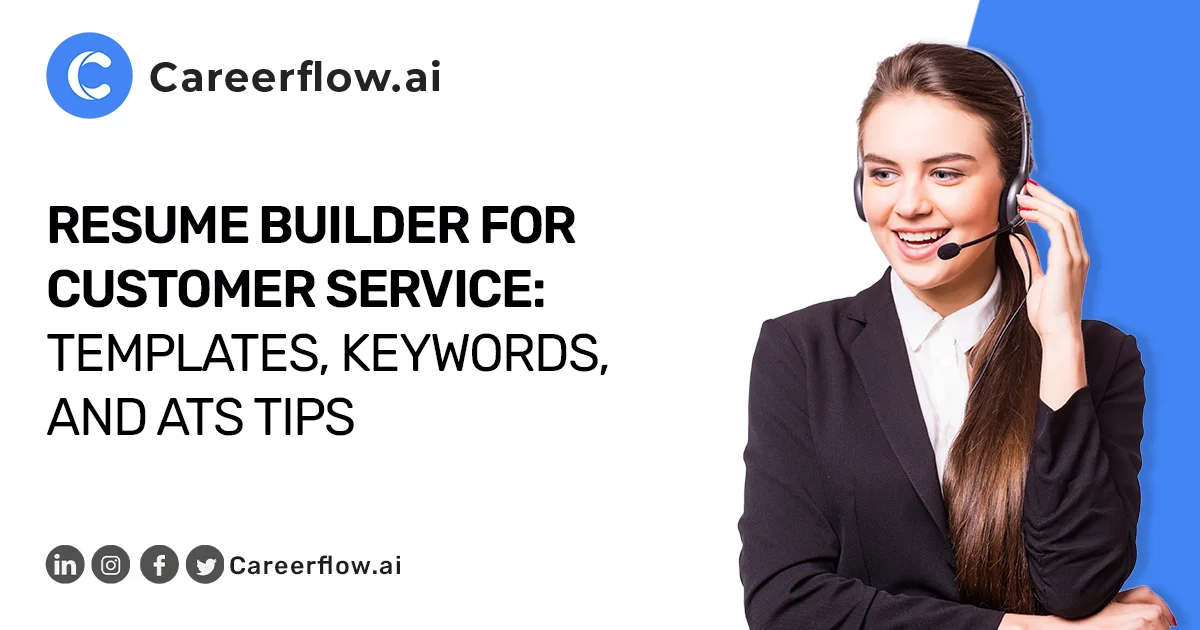
.webp)
